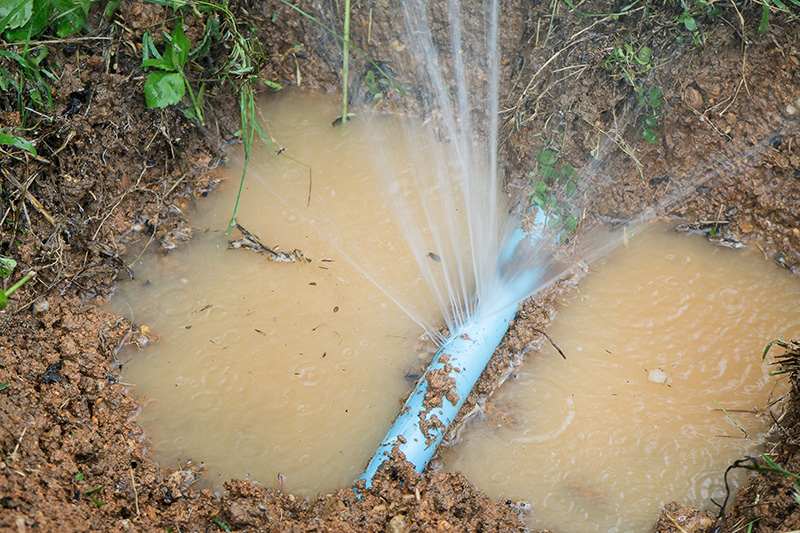
How Aberdeen Trails Residents Can Check for Water Leaks
Water leaks can wreak havoc on your water bill and can cause significant damage to your property if not addressed quickly. At Aberdeen Trails, we are committed to helping our residents detect and address water leaks promptly and efficiently. Here's a simple guide on how you can check for water leaks in your home.
The first step in detecting a water leak is to ensure that all equipment in your home that uses water is turned off. This includes your dishwasher, washing machine, faucets, showers, and any irrigation systems you may have.
Next, locate your water meter. Your water meter is a critical tool in determining whether or not you have a water leak. It's usually found in a black rectangular meter box located in the easement close to the street. Be cautious when opening the lid, as sometimes the meter box will become home to insects, spiders, frogs, and even snakes. Once you have the meter box opened, you may need to wipe off the face of the meter to see it clearly.
Your meter is equipped with a low flow detector that rotates in a clockwise direction when water is being used. If there is any movement in the low flow detector, and you are sure everything that uses water has been turned off, then you might have a leak. The speed at which the low flow detector moves indicates how large the leak is.
Before calling a plumber, here are a few things you can try to isolate the leak:
- Add a few drops of food coloring to the tank of your toilet. Wait a few minutes and then look for any color seeping into the bowl. If you see color, your toilet is leaking.
- While slowly walking the trench line between your meter and your home, look for any “squishy” areas. These might indicate a leak.
- Look for any areas of the yard that are unusually green. This could mean there is an excess of water supply, likely due to a leak.
Continuous leaks as small as 1/16th of an inch can cause water waste as much as 24,667 gallons in a month while a dripping faucet can waste 3 gallons a day or 1095 gallons a year. Finding and repairing a leak is not just an environmental responsibility but it also saves you money. Common sources of water leaks are sprinkler systems, toilets, and faucets. Some may require the expertise of a plumber and others can be easily repaired by the residents themselves.
Remember, if you spot a leak, report it immediately to your MUD so that we can assist you in mitigating the problem. For further assistance, please visit municipalops.com/districts/west-mud-14.






